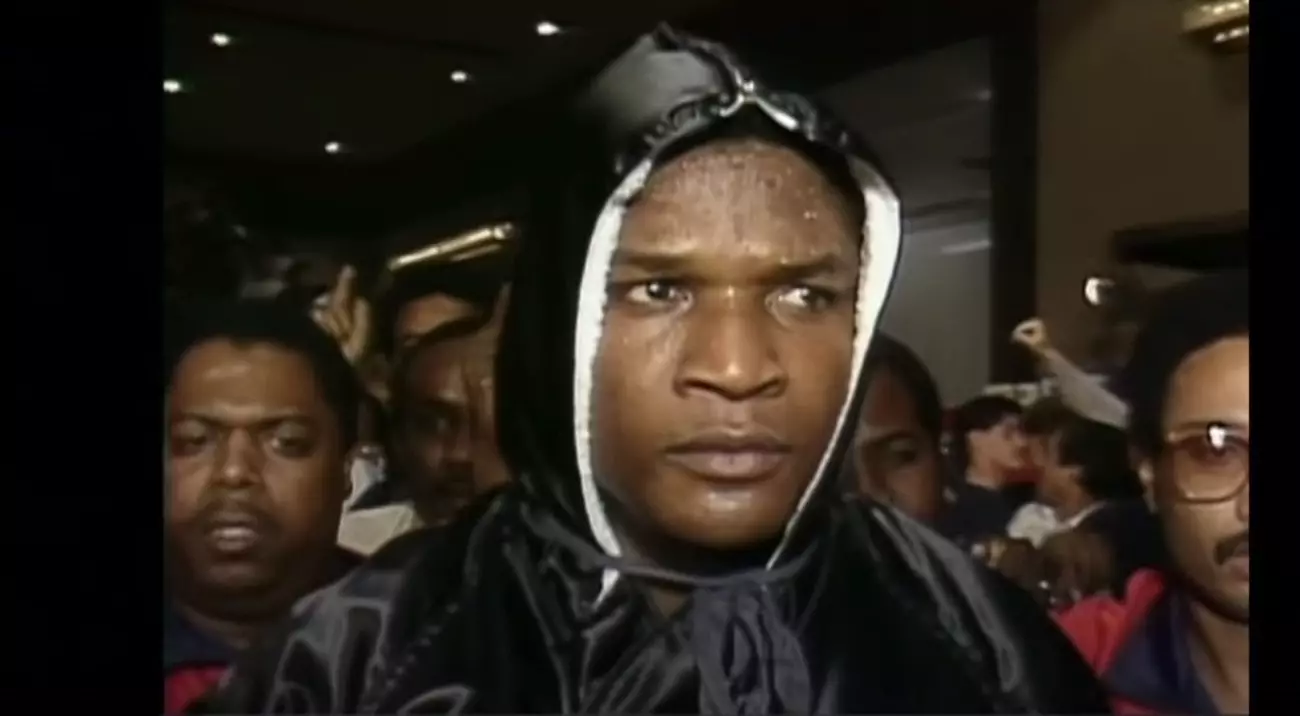For boxing enthusiasts, few moments in the sport’s history resonate quite like Mike Tyson’s unforgettable victory over Trevor Berbick. This iconic encounter took place 38 years ago, yet its impact remains potent. On that fateful day, a mere 20-year-old Tyson transitioned from a promising young prospect to the youngest WBC heavyweight champion in history, obliterating Berbick in just two rounds. Tyson’s performance that night was nothing short of a tidal wave; it was a profound demonstration of skill, power, and ruthless efficiency that changed the narrative of heavyweight boxing forever.
Tyson’s blows resonated not only through the arena but throughout the boxing community as he launched Berbick into a particularly humiliating downfall. His precision left hooks and searing body shots sent Berbick crashing to the canvas multiple times, illustrating that at his best, Tyson was nearly invincible. The striking imagery of Berbick struggling to regain his footing while visibly dazed has since become emblematic of a fighter caught in the urgent grip of superiority. Tyson’s brutal decisiveness highlighted his ascendance but also revealed the darker aspects of the sport.
As the fight concluded, Tyson’s first thoughts were of his former trainer, Cus D’Amato, who nurtured his talent and shaped him into a boxing prodigy. “Do you think Cus would have liked that?” Tyson asked Jim Jacobs, encapsulating the deep emotional connection between the fighter and his mentor. D’Amato’s teachings, which melded mental discipline with physical prowess, were woven into Tyson’s style, making him a formidable force inside the ring.
Though Tyson made a bold prediction that he would eventually become the oldest heavyweight champion, this ambition would remain unfulfilled. Despite an explosive early career, Tyson soon found himself at odds with the realities of fame, success, and personal turmoil. His reign came across as a rapid rise marked by electrifying performances, but it would be short-lived, planting seeds of questions about his long-term potential in the sport.
In the years following the Berbick fight, Tyson continued his meteoric trajectory, dispatching other notable figures in the heavyweight division. Michael Spinks famously became a part of boxing lore when he was defeated in just 91 seconds, further cementing Tyson’s reputation. However, with each successive win came an underlying sense of boredom and an insatiable hunger for more substantial challenges.
Michael Smith and Tony Tucker were a semblance of competition, their bouts extending to a full duration, but they ultimately failed to provide the urgency Tyson craved. The excitement surrounding his fights simmered down, leading to an indefinite hiatus in his career as he began to neglect the discipline that propelled him to greatness. Fans began to voice concerns; the once-feared knockout artist was starting to show vulnerabilities that were previously unseen.
The landscape of Tyson’s career dramatically shifted in February 1990 when Buster Douglas delivered one of the most shocking upsets in boxing history. This outcome was not merely a blemish on Tyson’s record but a seismic event that sent shockwaves throughout the boxing community. The collapse of a giant was not just about the fight itself; it symbolized the unraveling of a troubled legacy, marked by a combination of personal challenges and the pressure that accompanied titanic expectations.
Even as Tyson fought to regain his former glory, the devastating knockout of Berbick, an act fans often remember fondly, was overshadowed by the subsequent struggles and controversies that followed. The joyful recollection of that electrifying night now stands in stark contrast to the subsequent narrative of a fighter grappling with self-doubt, legal battles, and the ravaging effects of an unkind lifestyle.
In retrospect, Mike Tyson’s annihilation of Trevor Berbick serves as a potent reminder of the dichotomy that defines his legacy—immense power and devastating losses. That single night defined not only his career but the entire trajectory of heavyweight boxing in the late 20th century. Yet, as with many stories of sporting greatness, Tyson’s tale is intertwined with themes of vulnerability and fragility, serving as an ongoing reflection on the often-unforgiving nature of fame and fortune in the world of sports. Fans looking back at that single spectacular performance might still find solace, knowing that, for a brief moment, they witnessed something extraordinary—an unstoppable force that left its indelible mark on the annals of boxing history.

